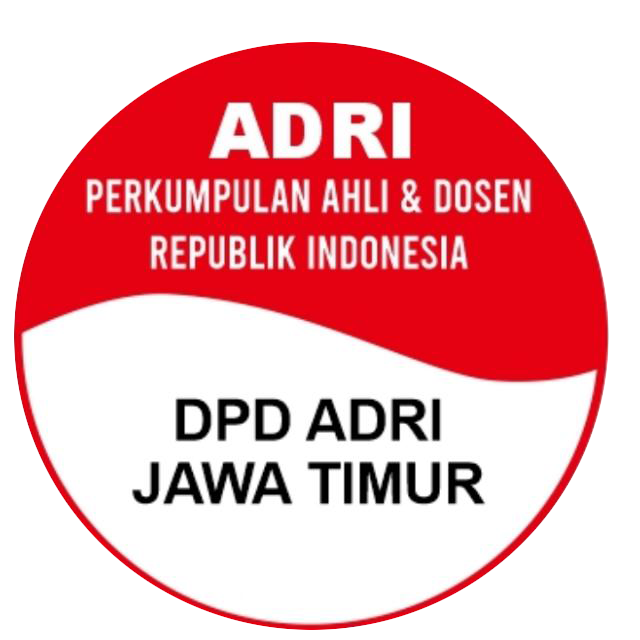Legal Power of Electronic Evidence in Proving Criminal Cases Based on the 2023 Criminal Code
DOI:
https://doi.org/10.55173/yurisdiksi.v20i4.277Abstract
E-commerce is a trade transaction that allows buying and selling without having to meet directly between the seller and the buyer. This trading system requires a strong sense of trust between one another, between the seller and the buyer. Recognition of electronic evidence as evidence that can be submitted to court and recognized as valid as evidence, has been carried out since 1977 through the Company Documents Law which stipulates that microfilm containing a recording of a company's documents can be submitted as evidence in court if a lawsuit arises later. According to the Company Documents Law, electronic document evidence is part of written evidence, while the Corruption Law explicitly explains that electronic information and electronic documents are an extension of indicative evidence. Because electronic mail in the form of electronic information or electronic documents has been recognized as one of the valid evidence in special crimes outside the Criminal Code in line with valid evidence in Article 184 of the Criminal Procedure Code is a new type of evidence, it is hoped that investigators, prosecutors, legal advisors and judges have an understanding of this electronic evidence. In the examination of criminal cases, it is expected that the judge in imposing a sentence based on two valid pieces of evidence and the judge obtains the conviction that the defendant is guilty of committing a crime, then the judge must impose the maximum sentence according to the prosecutor's demands, so that the defendant is deterred and the sense of justice of the community is fulfilled.
References
Ali, A. (2009a). Revealing Theory (Legal Theory) and Judicial Prudence Theory including Interpretation of Law (Legisprudence).PrefaceMedia Group: Jakarta.
Ali, A. (2009b). Uncovering legal theory and judicial prudence including interpretation of laws (legisprudence).Jakarta: Golden, 1.
(2004).Law of evidence according to Islamic procedural law and positive law. Student Library.
Awaludin, M., Yasin, V., & Risyda, F. (2024). The Influence of Artificial Intelligence Technology, Infrastructure and Human Resource Competence on Internet Access Networks. Inform: Scientific Journal in the Field of Information and Communication Technology, 9(2), 111–120.
Fatimah, P. T. (2020). Responsibility of Notaries and Ppat Who Forge Authentic Deeds (Case Study of the Decision of the Supreme Court of the Republic of Indonesia Number 451/K. Pid/2018).Indonesian Notary, 2(4), 23.
Gaol, S. L. (2016). Legal regulation of mediation in court by the Supreme Court.Scientific Journal of Aerospace Law, 7(1).
Hendra, R. (2012). Notary's Responsibility for Authentic Deeds Whose Applicants Use Fake Identities in Pekanbaru City.Journal of Legal Studies, 3(1).
Isma, N. L., & Koyimatun, A. (2014). The evidentiary power of electronic information evidence in electronic documents and their printouts in proving criminal acts.Gadjah Mada Legal Research Journal, 1(2), 109–116.
Luhut, P. P. M. (2013).Criminal Procedure Law Official Advocate Letter in Court. Jakarta: Papas Sinar Sinanti, member of IKAPI Jakarta.
Mokosolang, A. A., Korah, R. S. M., & Mamengko, R. S. (2023). Legal Power of Electronic Letters as Evidence in Civil Cases (Based on Law Number 19 of 2016 concerning Information and Electronic Transactions).ADMINISTRATIVE LAW, 11(4).
Nilla, D. K. (2020). Analysis of Law Number 19 Of 2019 Concerning The Second Amendment To Law Number 30 of 2002 Concerning. Sunan Kalijaga State Islamic University.
Rahmatullah, M., Lestari, B. F. K., & Megayati, D. (2024). Legal Review of Online Gambling Based on Article 27 Paragraph 2 Jo. Article 45 Paragraph 2 of the Republic of Indonesia Law Number 19 of 2016 Concerning Amendments to the Republic of Indonesia Law Number 11 of 2008 Concerning Information and Electronic Transactions.Unizar Law Journal (URJ), 3(3), 414–424.
Sitompul, A. (2004). Internet Law: An Introduction to Legal Issues in Cyberspace. PT.
Soekanto, S., & Purbacaraka, P. (2017). C. Division of Indonesian Legal System.Overview: Legal System in Indonesia, 54.
Sulistyo, E. (2019). Legal Protection of Suspects' Rights in the Criminal Investigation Process from a Human Rights Perspective.Mizan: Journal of Legal Studies, 8(2), 96–103.
Tapan, I. A. K. (2019). Termination of Employment Agreement Between Workers/Laborers and Employers According to Law Number 13 of 2003 Concerning Manpower.Privacy Law, 7(2).
Downloads
Published
Issue
Section
License
Copyright (c) 2025 Dwiki PernandezThe Celebration

This work is licensed under a Creative Commons Attribution-ShareAlike 4.0 International License.












